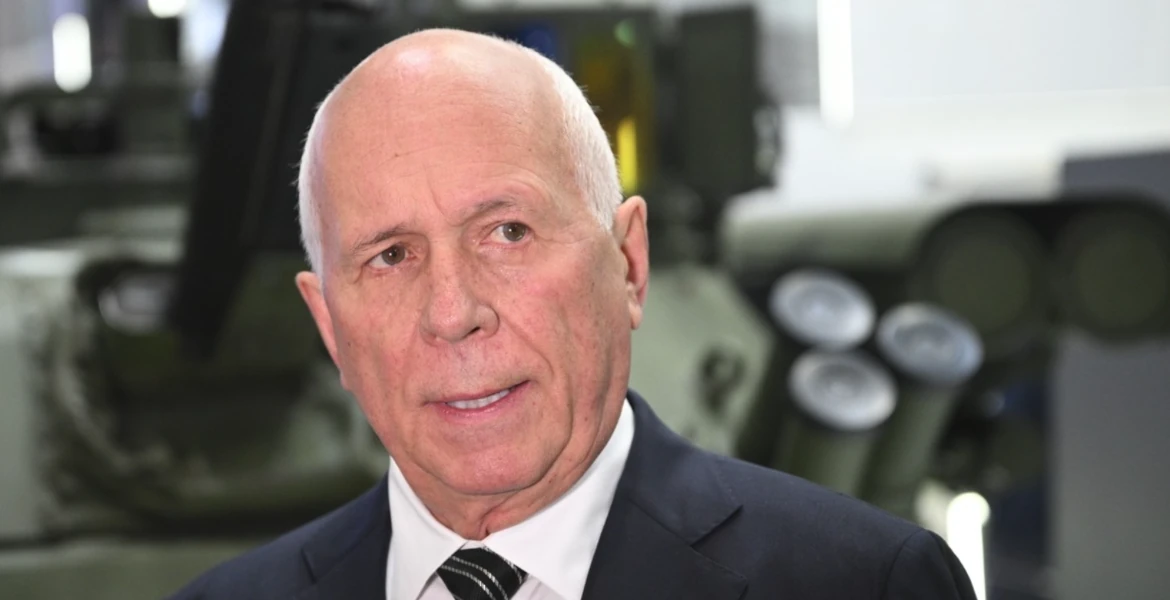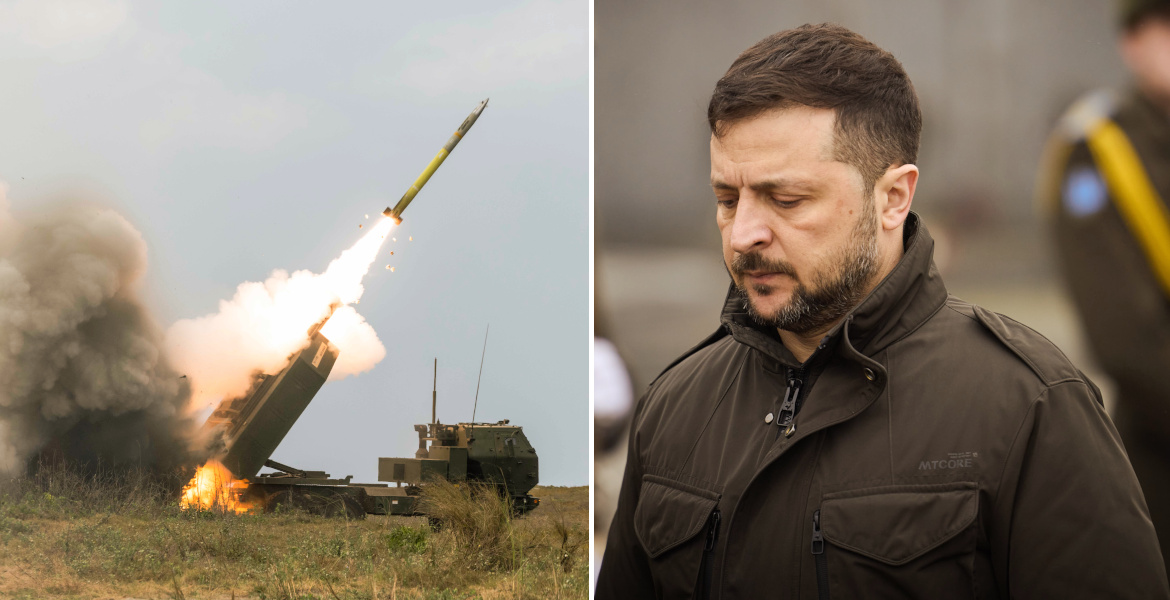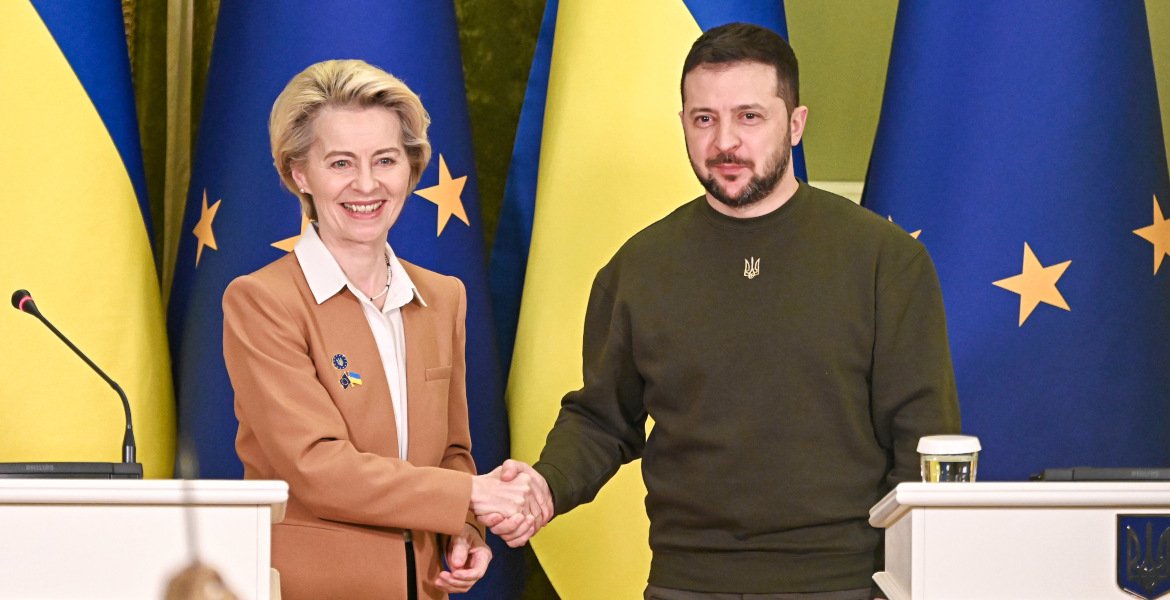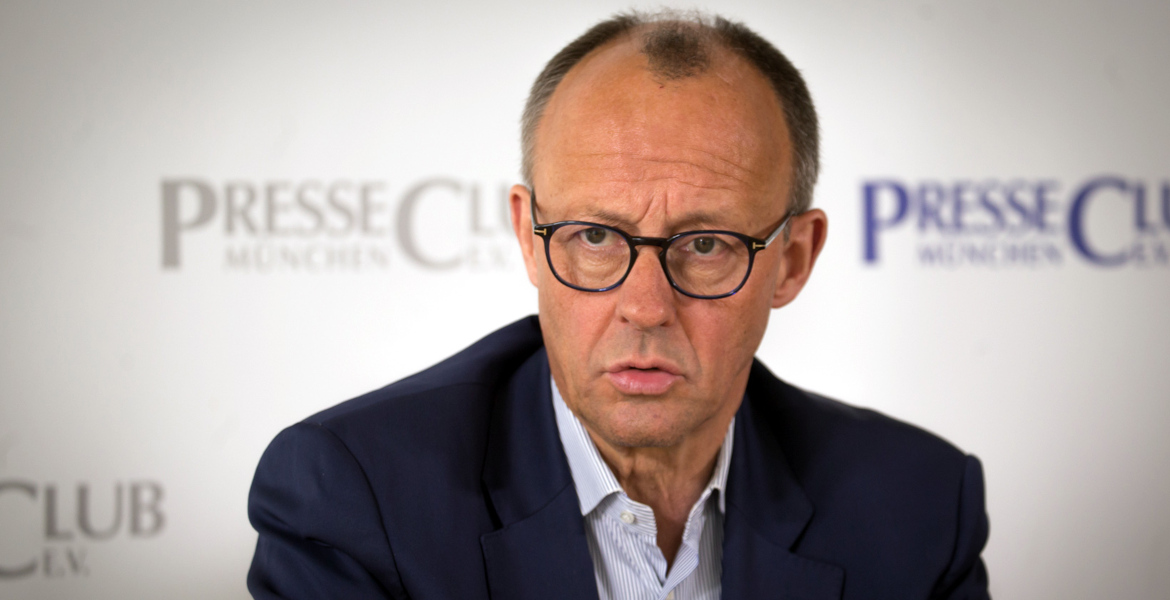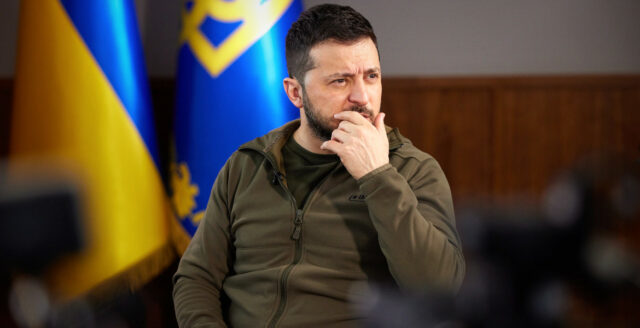A growing number of European politicians seem to be tired of continuing to fund the protracted war in Ukraine, including Italian Defense Minister Guido Crosetto. In a recent interview, he stated that Western sanctions have failed and that it is high time to go to the negotiating table.
Crosetto, one of the founders of the national conservative Brothers of Italy party that took power after the recent elections, has previously stressed the need to find a diplomatic solution to the conflict in Ukraine, pointing out that it is not sustainable for Western countries to continue supplying arms to Ukraine and imposing sanctions on Russia indefinitely.
– The only way to resolve this crisis is to involve everyone, first (to obtain) a truce and then peace, he clarified in an interview with Il Messaggero on Monday.
The reporter claims that Russia and Vladimir Putin have shown no signs of wanting to negotiate, an argument the defense minister rejects.
– that is a good reason for us to try harder. We mustn't give up any possible path of diplomacy, however narrow.
Zelenskiy did not listen
Crosetto says that last year he tried to persuade Ukrainian president Volodymyr Zelenskyy to cancel his planned spring offensive - but that the attempt failed.
– He did not listen, he says.
Last fall, Crosetto's party leader and the country's prime minister, Giorgia Meloni, acknowledged that European leaders were growing weary of the war in Ukraine.
– I see that there is a lot of fatigue, I have to say the truth, from all the sides. We are near the moment in which everybody understands that we need a way out, she admitted, thinking she was speaking to high-ranking officials from the African Union - in fact, it was Russian comedians Vovan and Lexus who "prank called" the prime minister.

